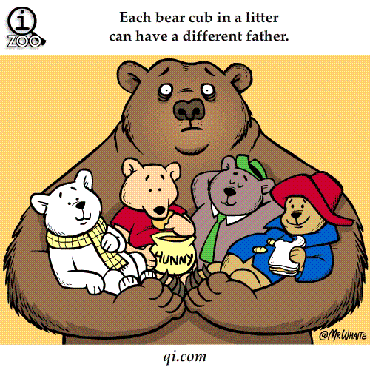
Win

ter English: A Collection of Cold Facts
Winter is a season of wonders, with its frosty mornings and snowy landscapes. But there's much more to this time of year than meets the eye. In this article, we'll explore some unexpected and fascinating facts about winter - from its linguistic origins to its impact on our health.
1. The word "winter" comes from an Old English word, "wintra," which means "time of year when days are short." The same root gave rise to "wince" and "winceyette" - fabrics that are suitable for cold weather.
2. Snowflakes have 6 sides. More precisely, they have a hexagonal crystal structure, which results in their symmetrical shape. No two snowflakes are identical, but some may look alike if viewed under a microscope.
3. In some languages, there are multiple words for snow. For example, the Inuit language has more than 50 words to describe different types of snow, such as "aqilokoq," which means "softly falling snow" and "piegnartoq," which means "snow that's good for travel."
4. Cold weather can affect our mood. According to research, people tend to be less happy and more irritable in winter than in summer. This is thought to be due to the lack of sunlight, which can affect our production of serotonin - a neurotransmitter that regulates our mood.
5. Winter is the peak season for heart attacks. Studies have shown that the risk of heart attacks is higher in colder months, possibly because cold weather can constrict blood vessels and increase blood pressure.
6. The Arctic is getting warmer at an alarming rate. In recent decades, the Arctic has warmed twice as fast as the rest of the world, leading to melting glaciers, thawing permafrost, and changes in sea ice that affect the lives of people and animals who call the region home.
7. Snow can be used for insulation. Snow is a great natural insulator, due to its low thermal conductivity. In some parts of the world, people build igloos out of packed snow to stay warm in winter.
8. Winter sports have their own lingo. If you've ever watched the Winter Olympics, you may have heard terms like "double cork 1080" (a snowboarding trick) or "salchow" (a figure skating jump). These terms can be confusing for non-initiates, but they reflect the precision and technical skill required to excel in these sports.
9. Winter solstice marks the shortest day of the year. In the Northern Hemisphere, the winter solstice falls on December 21 or 22 and marks the day when the sun is at its lowest point in the sky. After this date, the days start getting longer again, heralding the return of spring.
10 Winter can make us more creative. According to some psychologists, cold weather can stimulate our imagination and help us think outside the box. This could be because our brains need to work harder to adapt to the changes in our environment, or because cold weather forces us to spend more time indoors, where we can focus on creative pursuits.
As you can see, there's much more to winter than meets the eye. Whether you love it or hate it, this season is full of surprises and hidden gems - all waiting to be explored.